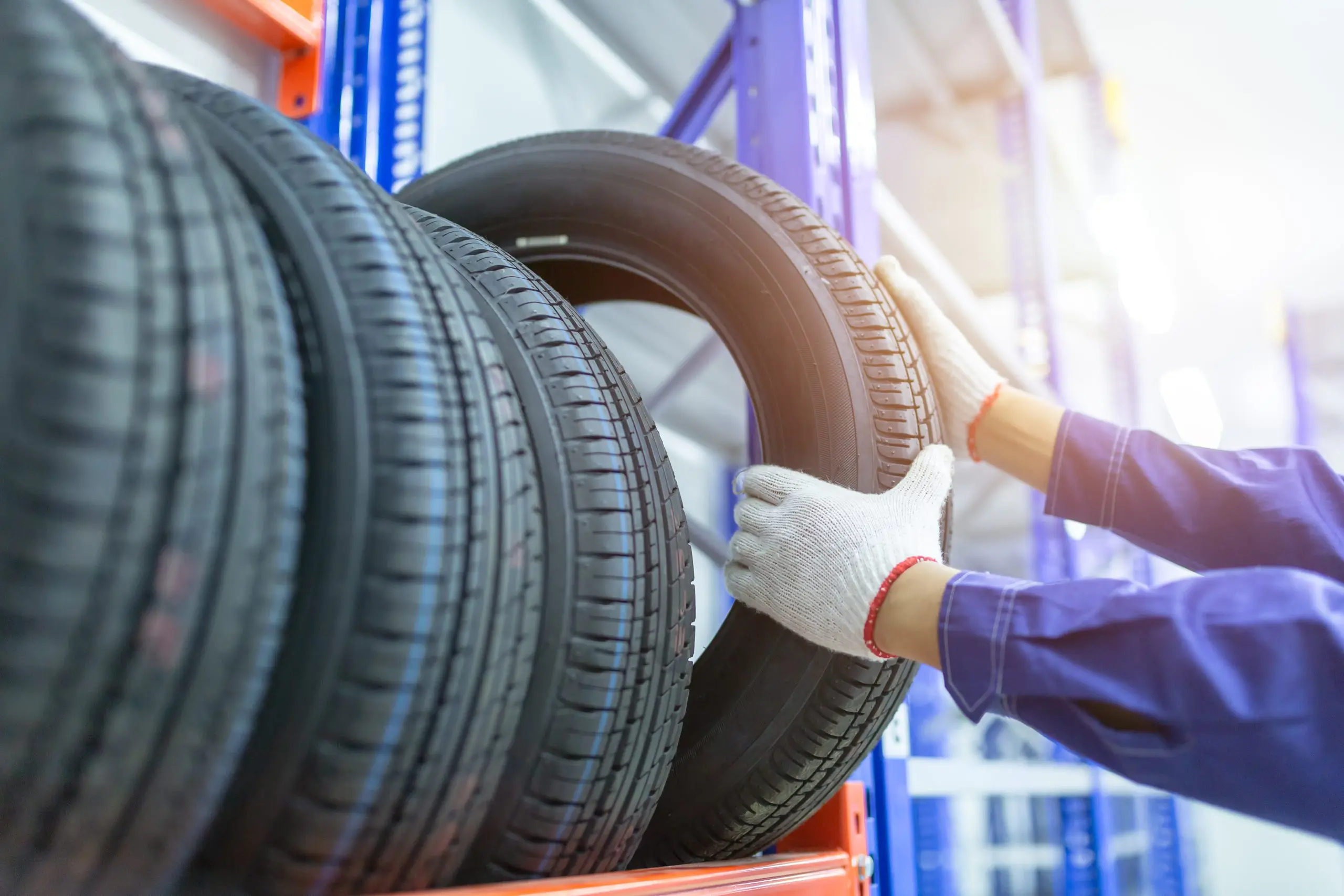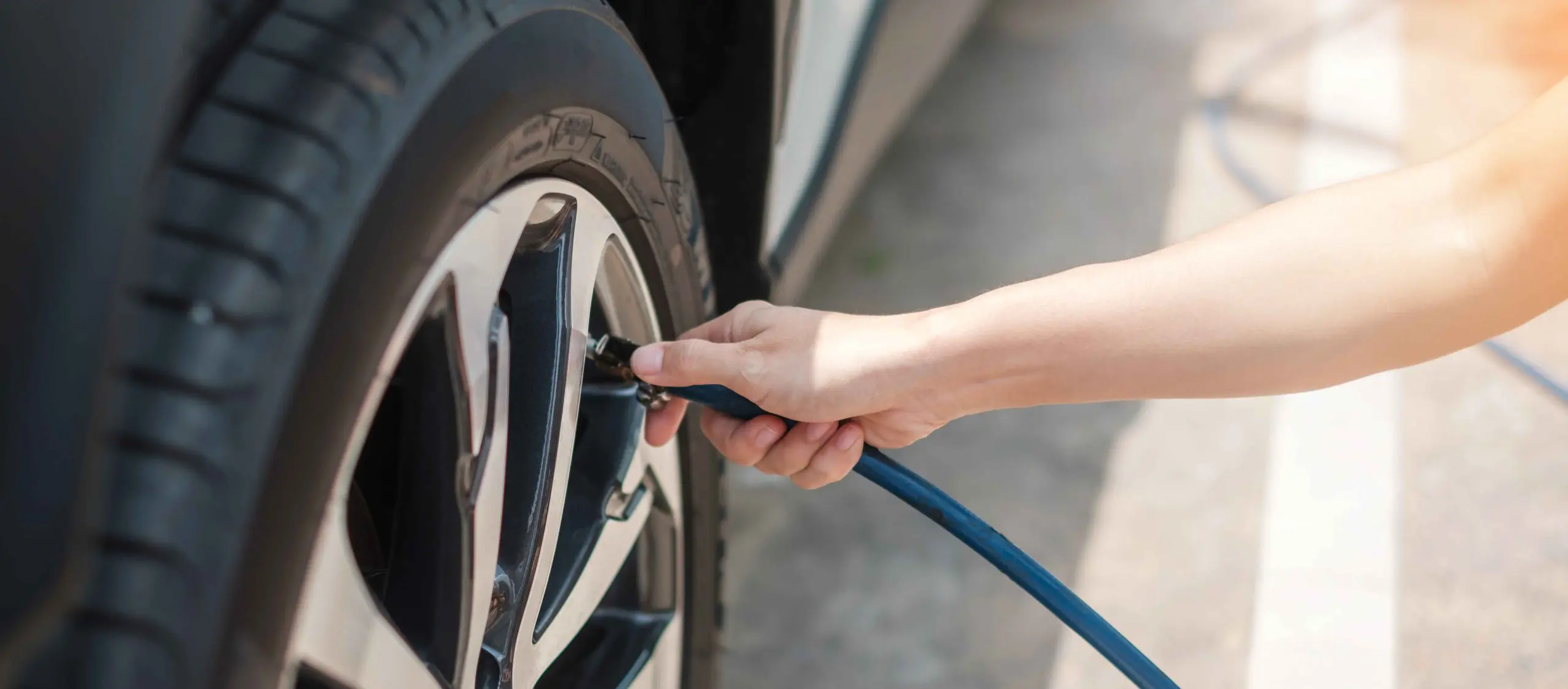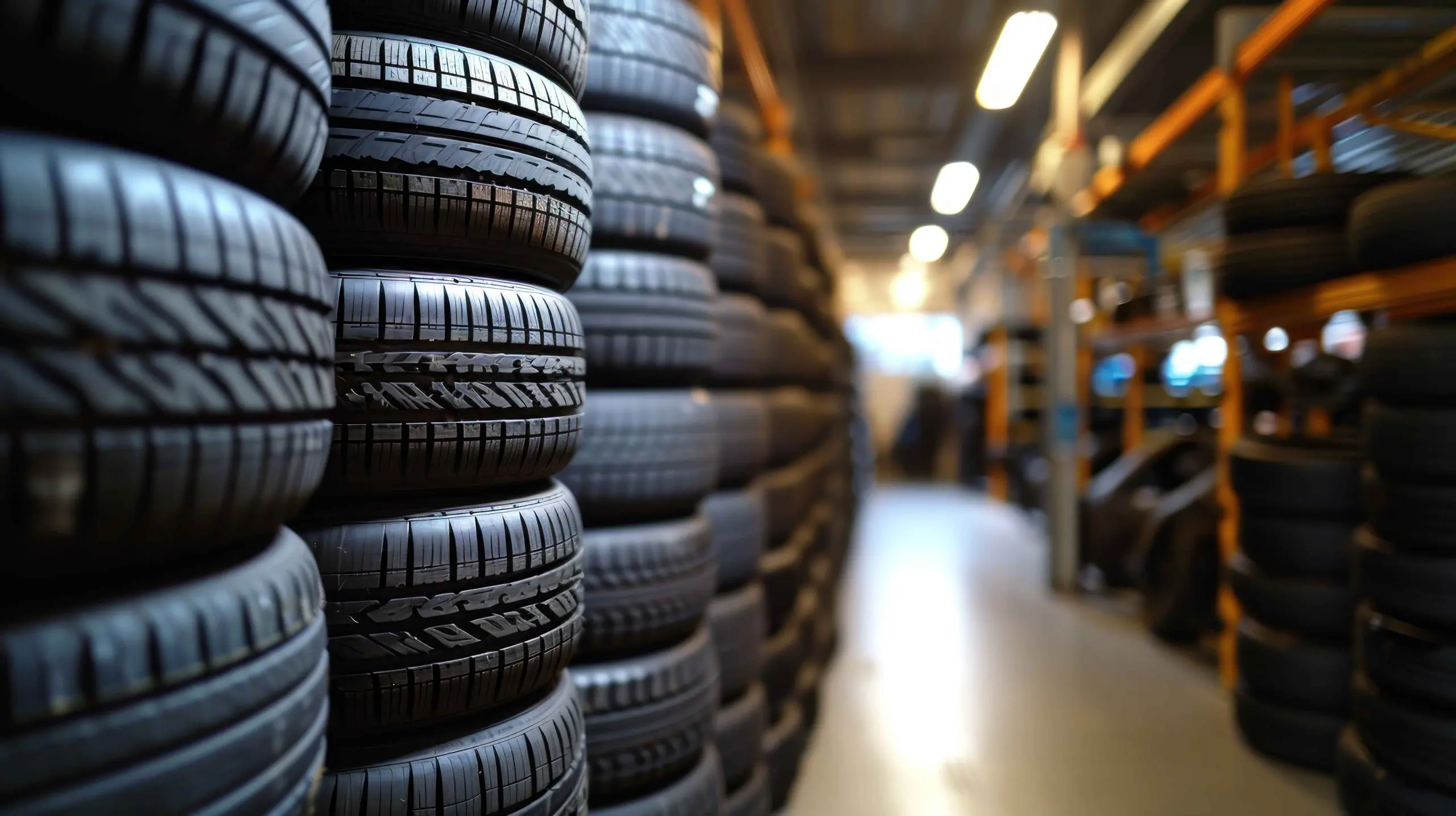Kelowna’s summers can bring extreme heat, with temperatures often soaring. While the sunny days are great for outdoor activities, they can pose a significant risk to your vehicle tires. To ensure safety and longevity, understanding how the heatwave impacts your tires is crucial. In this blog, we’ll delve into the effects of heat on tires and provide tips on maintaining them during the hottest months.
How Does Summer Heat Affect Tires?
The effects of heat on tires can have a considerable impact. High temperatures cause the air inside your tires to expand, increasing tire pressure. Overinflated tires are more prone to blowouts, especially when combined with the friction from hot pavement. Additionally, the heat can degrade the rubber, making tires more susceptible to wear and tear.
What Temperature is Too Hot for Tires?
 Tires can generally withstand a range of temperatures, but when the mercury climbs above 45°C (113°F), it can be too hot for tires. At these temperatures the effect of heat on tires can lead to potential failures and safety issues.
Tires can generally withstand a range of temperatures, but when the mercury climbs above 45°C (113°F), it can be too hot for tires. At these temperatures the effect of heat on tires can lead to potential failures and safety issues.
What Temperature Will Damage Summer Tires?
While summer tires are designed to handle the effects of heat on tires are better than all-season or winters, but they are not invincible. Sustained temperatures above 60°C (140°F) can start to cause damage, particularly if the tires are already worn or underinflated. Always monitor your tire pressure and condition, especially during a Kelowna heatwave.
Can Tires Lose Pressure in Extreme Heat?
 Interestingly, while heat generally increases tire pressure, extreme temperatures can also lead to pressure loss. As the tire structure heats up and expands, small cracks and leaks can form, causing a slow loss of air. Regularly checking your tire pressure during summer can help you catch and correct any issues before they become serious.
Interestingly, while heat generally increases tire pressure, extreme temperatures can also lead to pressure loss. As the tire structure heats up and expands, small cracks and leaks can form, causing a slow loss of air. Regularly checking your tire pressure during summer can help you catch and correct any issues before they become serious.
How Long Do Tires Last in Hot Climates?
Tire lifespan in hot climates like Kelowna can be shorter than in more temperate regions. On average, vehicle tires can last between 40,000 to 60,000 kilometers (25,000 to 37,000 miles), but with the effects of heat on tires, this can be reduced. Factors like driving habits, tire maintenance, and the quality of the tires play significant roles in determining how long your tires will last.
Do Tires Wear More in the Heat?
Yes, tires do wear more in the heat. The combination of high temperatures and hot road surfaces increases the rate at which the rubber degrades. This is particularly true if the tires are under or over-inflated, as improper inflation can exacerbate wear patterns and reduce overall tire life.
How Do I Protect My Tires in the Intense Heat?
 Protecting your tires from the effects of heat involves a few key steps:
Protecting your tires from the effects of heat involves a few key steps:
- Regular Pressure Checks: Use a reliable tire gauge to check your tire pressure regularly, especially during the summer months.
- Proper Inflation: Keep your tires inflated to the manufacturer’s recommended levels.
- Shade and Cover: Whenever possible, park your vehicle in the shade or use tire covers to protect them from direct sunlight.
- Routine Inspections: Look for signs of wear, cracking, or damage regularly. Address any issues immediately.
- Tire Rotation: Rotate your tires according to the manufacturer’s recommendations to ensure even wear.
How Does Heat Affect Different Types of Tires?
High-Performance Tires
High-performance tires are designed to handle higher temperatures and offer better performance in extreme conditions. These tires typically have advanced rubber compounds and tread designs that can withstand the added stress of heat. Despite their resilience, regular maintenance and inspections are crucial to ensure they perform optimally.
Used Tires
Used tires can be an economical option, but they come with risks, especially in hot weather. The previous wear and tear can make them more susceptible to heat damage. If you’re considering buying used tires, ensure they are thoroughly inspected for any signs of wear or damage. Look for reputable sellers in Kelowna, BC, who offer quality used tires.
Understanding Tire Speed Ratings and Heat
Tire speed ratings indicate the maximum speed a tire can safely maintain. High-speed rated tires are typically built to handle more heat. However, even the best-rated tires can suffer in extreme conditions. Always adhere to speed limits and drive cautiously during heatwaves to prevent excessive heat buildup in your tires.
When to Change Your Tires
Knowing when to change your tires is crucial for safety. Signs that it’s time to replace your tires include:
- Tread Wear: If the tread depth is below the recommended level.
- Cracking or Bulging: Visible damage to the tire structure.
- Vibration: Excessive vibration while driving can indicate tire issues.
Choose Top Grade Tire for Quality Used Tires
When it comes to handling the effects of heat on your tires in Kelowna, quality matters. Top Grade Tire offers a selection of high-quality used tires that have been thoroughly inspected and tested to ensure they meet safety and performance standards. Investing in used tires from Top Grade Tire means you’ll benefit from affordability without compromising on reliability and durability.
Our used tires are carefully selected to provide excellent performance, even in extreme conditions. With Top Grade Tire, you can drive with confidence knowing that your tires can handle the summer heat while keeping you safe on the road.
Don’t compromise on safety and performance. Choose Top Grade Tire for top-quality used tires that you can trust. For more information and to explore our range of used tires, visit our site today. Stay safe, stay cool, and enjoy the ride with Top Grade Tire!

